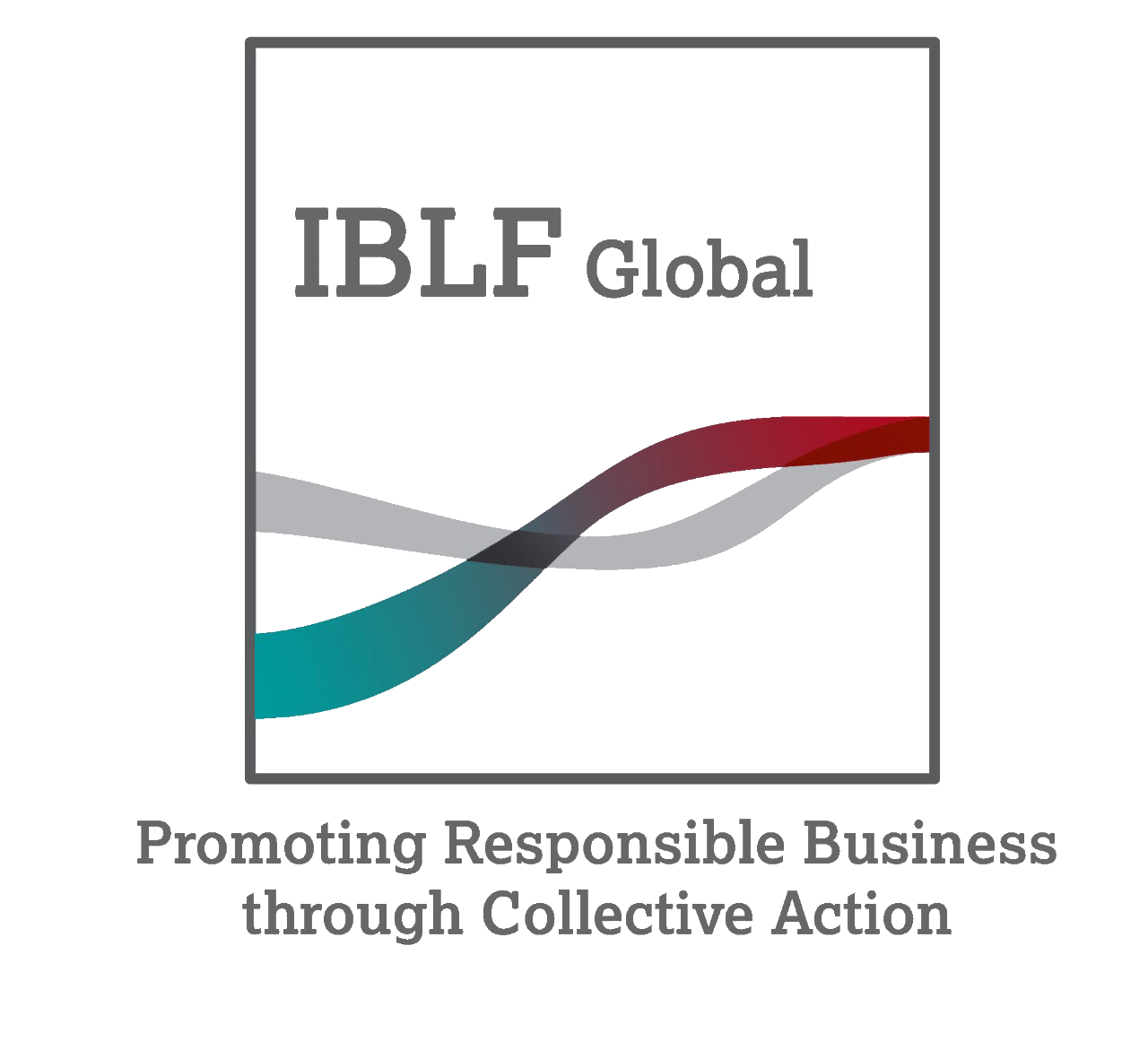IBLF Global co-authors an article on the implications of USAID’s closure and the future of development aid

Photo from onlince sources
23 March 2025
Brook Horowitz, CEO of IBLF Global, has co-authored an article with Edmund Malesky, Director at the Duke Center for International Development, reflecting on the recent dismantling of the United States Agency for International Development (USAID). Published amidst ongoing legal challenges to the closure, the article explores the profound consequences of eliminating $44 billion per year in development funding—nearly one-fifth of the global development budget—and lays out a bold vision for the future of international aid in a post-USAID landscape.
In their analysis, Edmund and Brook emphasize that the disbanding of USAID represents more than a bureaucratic reorganization; it is a watershed moment for the development community. They argue that the disruption should serve as a wake-up call, compelling donors and recipients alike to reimagine how aid is structured, delivered, and governed.
The article further proposes four strategic recommendations for charting a more resilient and inclusive course forward. First, a broader, more coordinated coalition of global donors, urging traditional DAC donors to engage more systematically with emerging powers such as China, India, Brazil, Turkey, Saudi Arabia, and the UAE. Rather than competing for geopolitical influence, these actors must find common ground in supporting the world’s most vulnerable populations through collaborative and complementary aid programs. Second, aid recipient countries must increasingly take the lead in managing and financing their development. This involves strengthening the capacity of local development professionals and fostering ownership over project design and implementation. Third, with a staggering $6.4 trillion gap between development financing needs and available resources, the article highlights the urgent need to revamp the financial architecture of aid. It proposes innovative funding mechanisms—such as green bonds, social impact bonds, and blended finance models—to unlock new capital. Finally, the article underscores the potential of the private sector as a proactive partner in development.
In closing, Edmund and Brook reflect on the gravity of USAID’s collapse but remain cautiously optimistic. While the loss is immense, it also opens the door to a new era—one in which development becomes more decentralized, inclusive, and future-oriented.
The full article is available
here.

Edmund Malesky
Director, Duke Center for International Development

Brook Horowitz
CEO of IBLF Global

